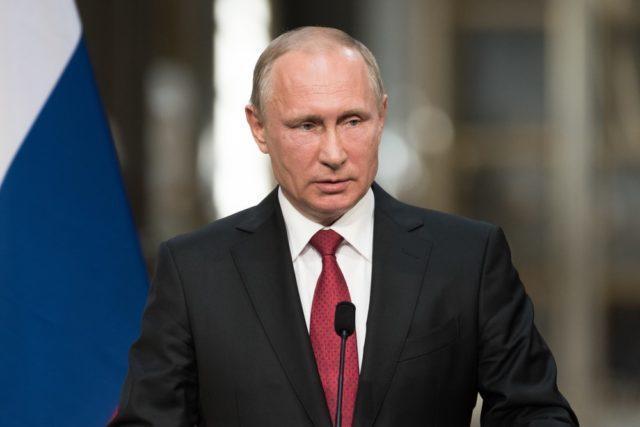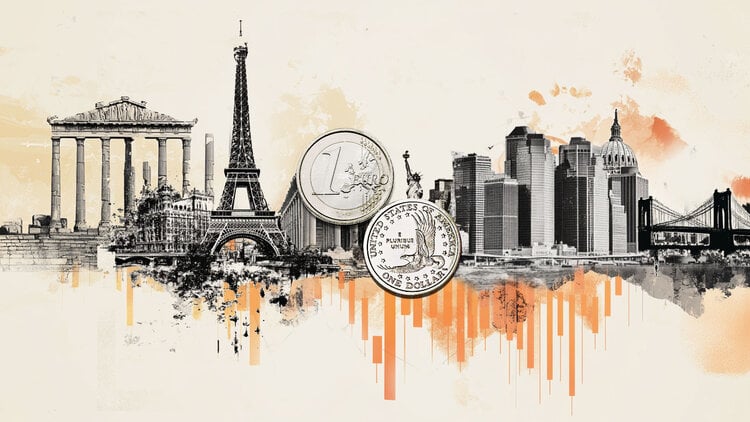The RHead of monetary policy at the European Central Bank (ECB), Robert Holzmannsaid on Saturday that It is too early to say whether the ECB has initiated a shift towards lower borrowing costs. after it cut its benchmark interest rate at its June meeting last week, according to Reuters.
Holzmann further stated that new ECB rate cuts in the absence of cuts by the US Federal Reserve (Fed) would have an impact on the Euro exchange rate and inflation.
Frequently asked questions about the ECB
What is the ECB and how does it influence the Euro?
The European Central Bank (ECB), headquartered in Frankfurt (Germany), is the reserve bank of the euro zone. The ECB sets interest rates and manages the region’s monetary policy.
The ECB’s main mandate is to maintain price stability, which means keeping inflation at around 2%. Its main tool to achieve this is to raise or lower interest rates. Relatively high interest rates usually translate into a stronger Euro, and vice versa.
The Governing Council of the ECB takes monetary policy decisions at meetings held eight times a year. Decisions are made by the heads of the euro area’s national banks and six permanent members, including ECB President Christine Lagarde.
What is Quantitative Easing (QE) and how does it affect the Euro?
In extreme situations, the European Central Bank can launch a policy tool called Quantitative Easing. QE is the process by which the ECB prints Euros and uses them to buy assets (usually government or corporate bonds) from banks and other financial institutions. The result is usually a weaker Euro.
QE is a last resort when a simple lowering of interest rates is unlikely to achieve the objective of price stability. The ECB used it during the Great Financial Crisis of 2009-11, in 2015 when inflation remained stubbornly low, as well as during the coronavirus pandemic.
What is Quantitative Tightening (QT) and how does it affect the Euro?
Quantitative tightening (QT) is the reverse of QE. It is carried out after QE, when the economic recovery is underway and inflation begins to rise. While in QE the European Central Bank (ECB) buys government and corporate bonds from financial institutions to provide them with liquidity, in QT the ECB stops buying more bonds and stops reinvesting the maturing principal of the bonds that are already has. It is usually positive (or bullish) for the Euro.
Source: Fx Street
I am Joshua Winder, a senior-level journalist and editor at World Stock Market. I specialize in covering news related to the stock market and economic trends. With more than 8 years of experience in this field, I have become an expert in financial reporting.







